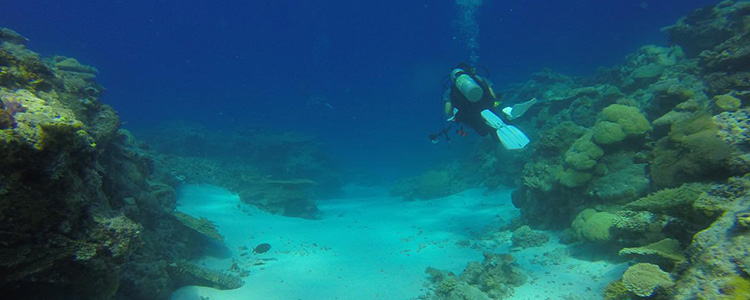Concept of JoHo WorldSupporter
JoHo WorldSupporter mission and vision:
- JoHo wants to enable people and organizations to develop and work better together, and thereby contribute to a tolerant tolerant and sustainable world. Through physical and online platforms, it support personal development and promote international cooperation is encouraged.
JoHo concept:
- As a JoHo donor, member or insured, you provide support to the JoHo objectives. JoHo then supports you with tools, coaching and benefits in the areas of personal development and international activities.
- JoHo's core services include: study support, competence development, coaching and insurance mediation when departure abroad.
Join JoHo WorldSupporter!
for a modest and sustainable investment in yourself, and a valued contribution to what JoHo stands for
- 477 keer gelezen
























